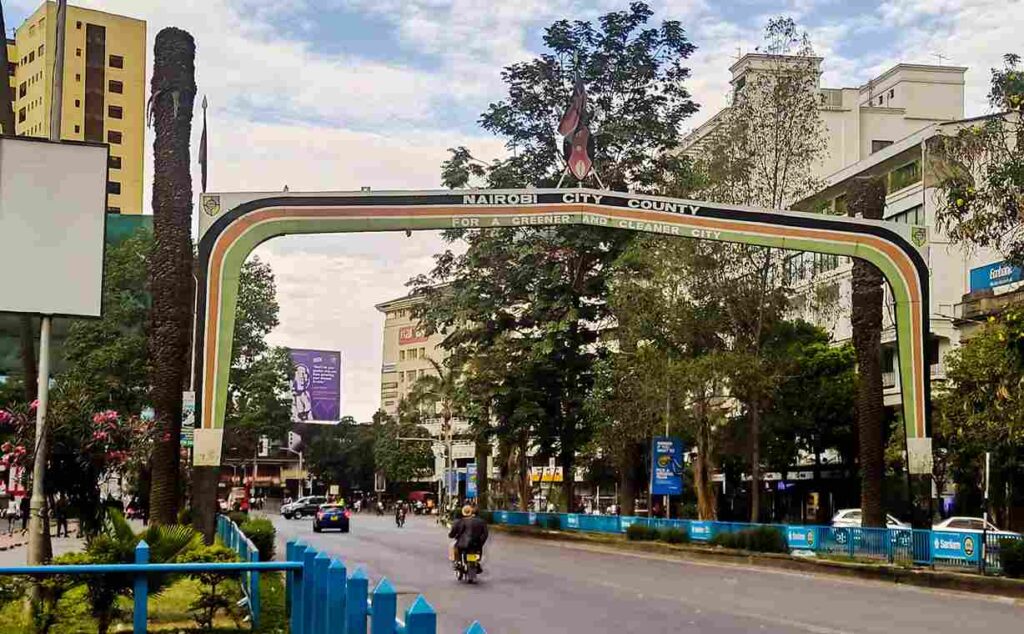Kenya’s Finance Minister Prof Njuguna Ndung’u presented the 2024/25 budget, aiming to tackle Kenya’s high debt while supporting the ongoing economic recovery.
The budget targets a significant reduction in the fiscal deficit, bringing it down to 3.3% of GDP compared to the revised deficit of 5.7% for the previous year (2023/24).
As a result, it plans to spend Sh3.92 trillion in the upcoming fiscal year. Subsequently, it expects to collect Sh3.432 trillion in revenue, leaving a budget deficit of Sh597 billion.
To finance the deficit, the government will borrow Sh263 billion domestically and Sh333.8 billion from foreign sources.
“The fiscal deficit for the financial year 2024-2025 will be financed by net external borrowing of Sh333.8 billion, equivalent to 1.8 per cent of GDP, and net domestic borrowing of Sh263.2 billion,” said Ndung’u.
Treasury projects economic growth to remain steady at 5.5% for fiscal years 2024 and 2025.
“Looking ahead and considering the ongoing reforms, we project our economy to grow at 5.5 percent in 2024/2025. This strong growth will be supported by ongoing interventions,” he said.
Debt Management Strategies
Kenya’s public debt is estimated at 68% of GDP for 2023/24, with a projected decrease to 64.8% in 2024/25.
The government plans to reduce reliance on new external commercial borrowing.
They will explore “liability management operations” such as debt swaps to manage existing debt.
“The government will slow down uptake of new external commercial debt and undertake liability management operations through debt swaps and other innovative solutions,” Prof Njuguna Ndung’u said.
Breakdown of key budget allocations
- Total Revenue: Ksh 3,343.2 billion (18.5% of GDP)
- Total Expenditure: Ksh 3,992.0 billion (22.1% of GDP)
- Recurrent Expenditure: Ksh 2,840.0 billion (15.7% of GDP)
- Development Expenditure: Ksh 707.4 billion (3.9% of GDP)
- County Governments: Ksh 444.5 billion
Key Sector Allocations
- Agriculture: Ksh 54.6 billion (fertilizer subsidies, value chain development)
- MSMEs: Ksh 7.0 billion (Hustlers Fund, Youth Enterprise Development Fund)
- Housing: Ksh 83.8 billion (affordable housing, slum improvement)
- Health: Ksh 127.0 billion (universal healthcare, vaccines, cancer treatment)
- ICT: Ksh 16.3 billion (digital infrastructure, Konza Technopolis)
- Education: Ksh 656.6 billion (TSC funding, free education programs)
- Manufacturing: Ksh 23.7 billion (industrial park development, export zones)
- Security: Ksh 377.5 billion (national security agencies)
- Tourism & Culture: Ksh 23.7 billion (tourism promotion, sports funding)
- Environment: Ksh 34.0 billion (conservation, climate action)
The budget proposals are subject to approval by the Kenyan parliament.



